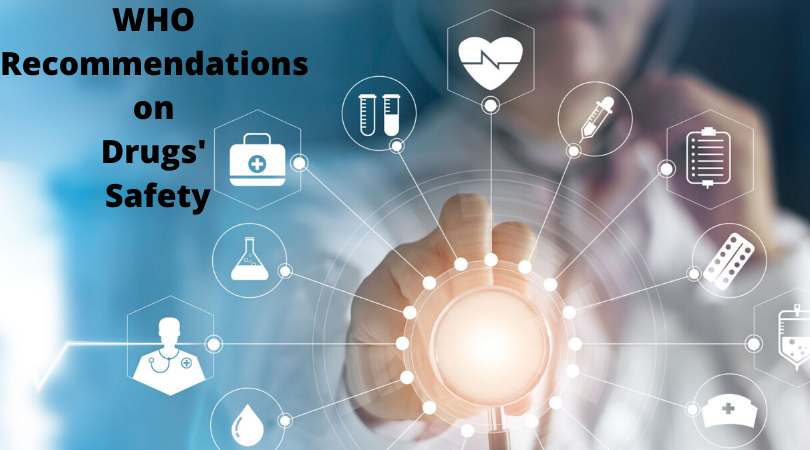The main WHO health priority is to protect the people from the harm caused by low-quality, counterfeit medications. The main objective of the WHO organization is to prevent the entry of this harmful product into trade. This measure should be monitored in every country worldwide. Developing countries should pay a close attention to the quality of medications entered drugstores.
Substandard/counterfeit/falsified medical products are those that quality, safety or effectiveness is in doubt. This can happen for a variety of reasons, which can be either unintentional or deliberate.
Factors that bring quality, safety and efficacy into question include poor active and inactive components, inappropriate manufacturing practices, inadequate packaging, transportation and storage, as well as deterioration in product quality.
Products and their markings may be deliberately falsified. This falsified product violates the trademark and is intentionally confusing.
Despite the many factors that can make the quality, safety and effectiveness of medical products doubtful, the inadequate capacity of national drug regulatory authorities is the root cause of improper medicaions entering pharmacies.
Building such an option is the best solution. The WHO has being going to follow this way.
To solve this problem in developing countries, the WHO uses the same approach that rich countries have successfully used to protect their populations. It consists in strict regulatory control of drugs entering the pharmacies, ensuring strict adherence to quality standards. Thorough pharmacovigilance is one more aspect in achieving this goal. There is no reason for a double standard.
Any drug, good, useless or harmful, may be sold in a country where there are no relevant laws and regulations, administrative procedures for drug registration, quality laboratories, and the potential to enforce these laws.
Strengthening drug regulatory capacity is the best way to stop the sale of counterfeit drugs. The WHO is not interested in expanding enforcement of intellectual property rights or introducing stricter rules for this.
WHO does not just maintain the idea of selling generic drugs. It is energetically promoting them, either through the guidelines for conducting bioequivalence studies, or a prequalification program.
Generic drugs have numerous public health benefits. In the context of improving access to medications, price and quality are inextricably interrelated.
Generic drugs are significantly cheaper than brand-name drugs, and competition between generic manufacturers contributes to further price decrease.
Generics are cost savings. Affordable price promotes proper patient compliance with medical prescriptions, which improves the results of its treatment and also protects against the drug resistance occurance.
Conclusions
- WHO plans the appropriate structures bear responsibility for protecting people from useless or harmful drugs – national drug regulatory authorities.
- WHO promotes generic drugs and opposes the creation of barriers to the production and international trade of generic drugs that meet WHO standards.
- WHO is ready to be guided by the results of discussions and recommendations.
